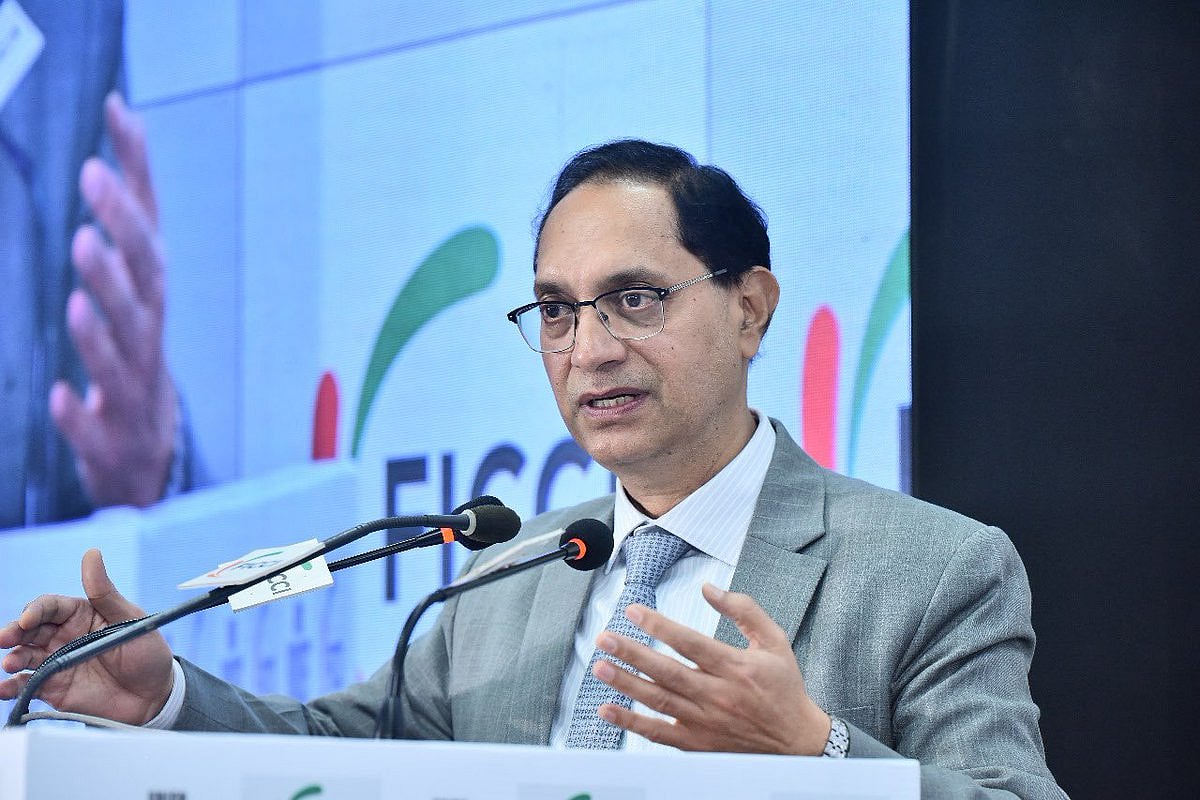In a significant move towards enhancing the financial regulatory framework in India, SEBI Chairman Tuhin Kanta Pandey has announced that the Securities and Exchange Board of India (SEBI) is collaborating with the Ministry of Finance and other financial regulatory bodies to establish a centralized KYC (Know Your Customer) system. This innovative initiative aims to create an online database that consolidates KYC records, ultimately streamlining compliance across various financial institutions.
Centralized KYC System: A Step Forward
During a recent interview with PTI, Pandey expressed enthusiasm about advancing the common KYC system. He stated, “We are genuinely working towards creating a highly effective system.” The finance secretary is currently leading a committee focused on this project, with efforts being made to accelerate its implementation. While a specific timeline hasn’t been confirmed, Pandey is optimistic, asserting, "It should be done quite early."
Effective KYC Registration Agency (KRA) System
To underscore the efficiency of existing frameworks, Pandey highlighted the successful operation of the KYC Registration Agency (KRA) system. He remarked, “This system is highly effective; once you complete a KYC, it is recognized universally.” Importantly, he clarified that the KRA system is not just an upload tool but a comprehensive, authenticated system. All six KRAs are interconnected, allowing for smooth data access and verification.
Revamped KYC Registry by 2025
In a related announcement, Finance Minister Nirmala Sitharaman revealed plans for an upgraded KYC registry, set to launch in 2025. Following this, in April, Financial Services Secretary M Nagaraju convened a meeting to tackle the overhaul of the Central KYC Records Registry and to address critical KYC compliance issues, making financial services more accessible.
Optional Same-Day Settlements
Shifting focus to trading practices, Pandey discussed the T+0 (same-day) trade settlements, clarifying that this option will remain discretionary for the time being. He noted, “T+0 is indeed meant to be optional,” allowing market participants the time to adjust to this new trading mechanism.
Leveraging AI for Regulatory Enhancement
On the technological front, SEBI is increasingly incorporating artificial intelligence (AI) to refine its regulatory processes. AI is currently utilized for surveillance and the expedited processing of Initial Public Offering (IPO) documents, with plans to expand its applications into supervisory technology (sup-tech) and beyond. Pandey elaborated, “AI will increasingly be employed for various purposes.”
Addressing Fraud and AI Risks
Among the significant advancements, SEBI’s AI-powered surveillance capabilities have proven effective in monitoring online platforms to identify unauthorized advisory services. Through partnerships with social media platforms, SEBI has successfully removed over 70,000 fraudulent investment accounts and misleading posts. However, Pandey also cautioned about the potential risks associated with AI, particularly concerning algorithmic trading. He emphasized the need for responsible AI development to mitigate inherent risks, stating, “AI has both sides.”
In summary, SEBI is taking substantial strides towards enhancing financial regulations through a centralized KYC system, optional trade settlements, and the integration of AI. These initiatives aim to bolster compliance, improve accessibility to financial services, and ensure a secure trading environment.











